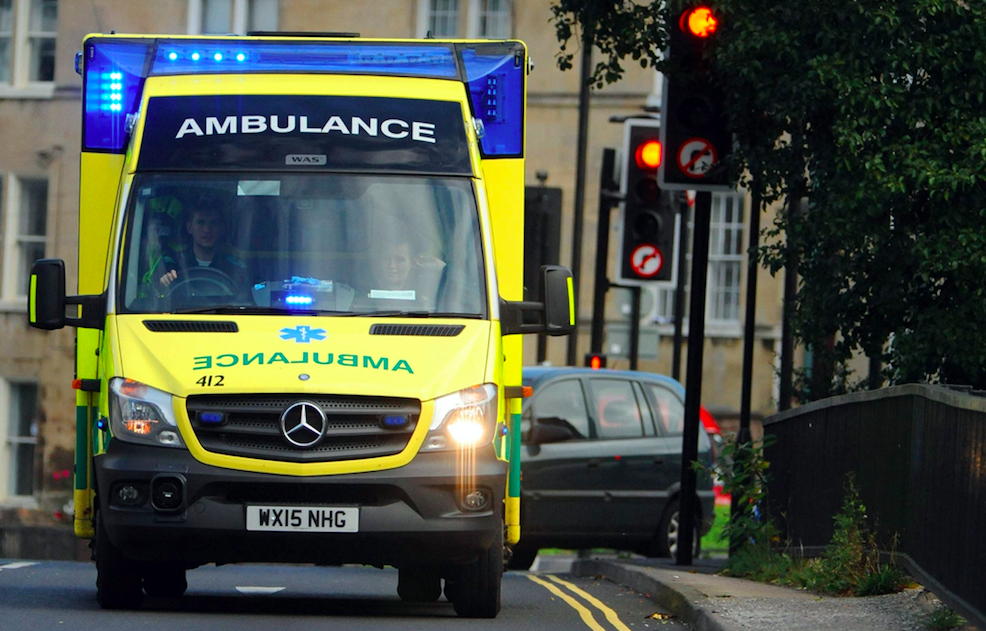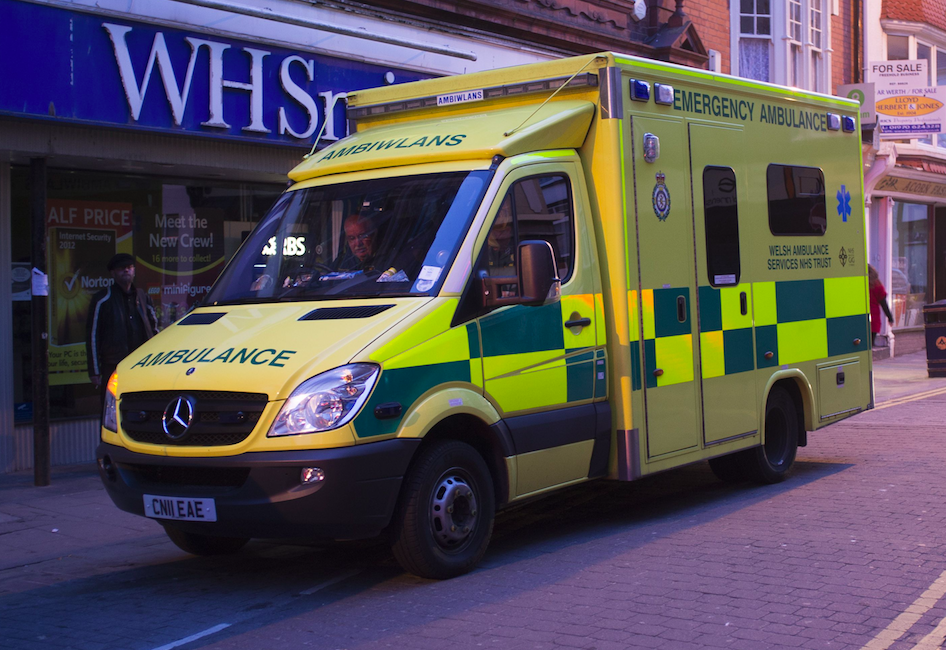Patient forced to wait for an ambulance for 62 HOURS, new figures reveal

New figures show that four of the UK’s ambulance trusts have kept patients waiting for more than 24 hours – with one person waiting for two-and-a-half days.
A Freedom of Information request by the BBC found Welsh Ambulance Service recorded the longest delays, taking more than 50 hours to respond to 999 calls on four occasions over the course of a year.
The data showed that one patient waited for an astonishing 62 hours.
Lucy Watson, from the Patients Association, said: ‘Everybody should be getting the services that they need.
‘We know that demand has gone up on all health services as our population is getting older, and we need to see the level of investment increasing so our ambulances can respond in a timely way.’

Meanwhile, the East of England, South East Coast and South Central ambulance services all recorded longest waits of more than 24 hours between June 2017 and 2018, the BBC said.
The trusts said the longest waits were for ‘less serious calls’, and that they had to prioritise people in life-threatening or urgent conditions.
The Welsh Ambulance Service said it ‘fully accepted’ that a number of patients waited ‘far longer than anyone would like’, but said the figures were ‘not typical’.
MORE: Ice-cream man punches boy, 12, who tried to help himself to free Mr Whippy
MORE: Donald Trump insists: ‘Hush money came from me and not election campaign’
Stephen Clinton, assistant director of operations for the service, told the broadcaster: ‘These figures represent the extreme end of the waiting time spectrum and are neither typical nor do they explain the circumstances of these individual cases.’
He said in some cases patients were already in the care of medical teams, while others were affected by extreme weather conditions.
The data also showed that the total number of calls received by ambulance services had risen by 15% between 2015 and 2017.

 Yahoo News
Yahoo News 

